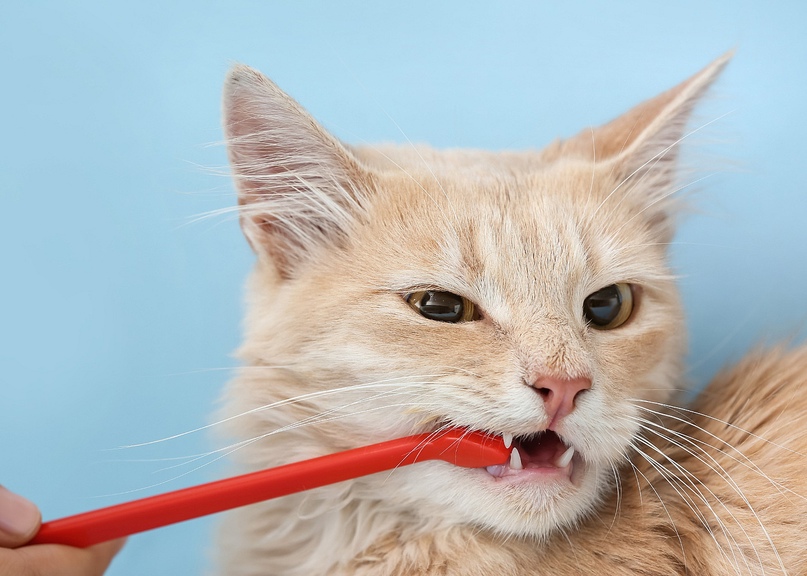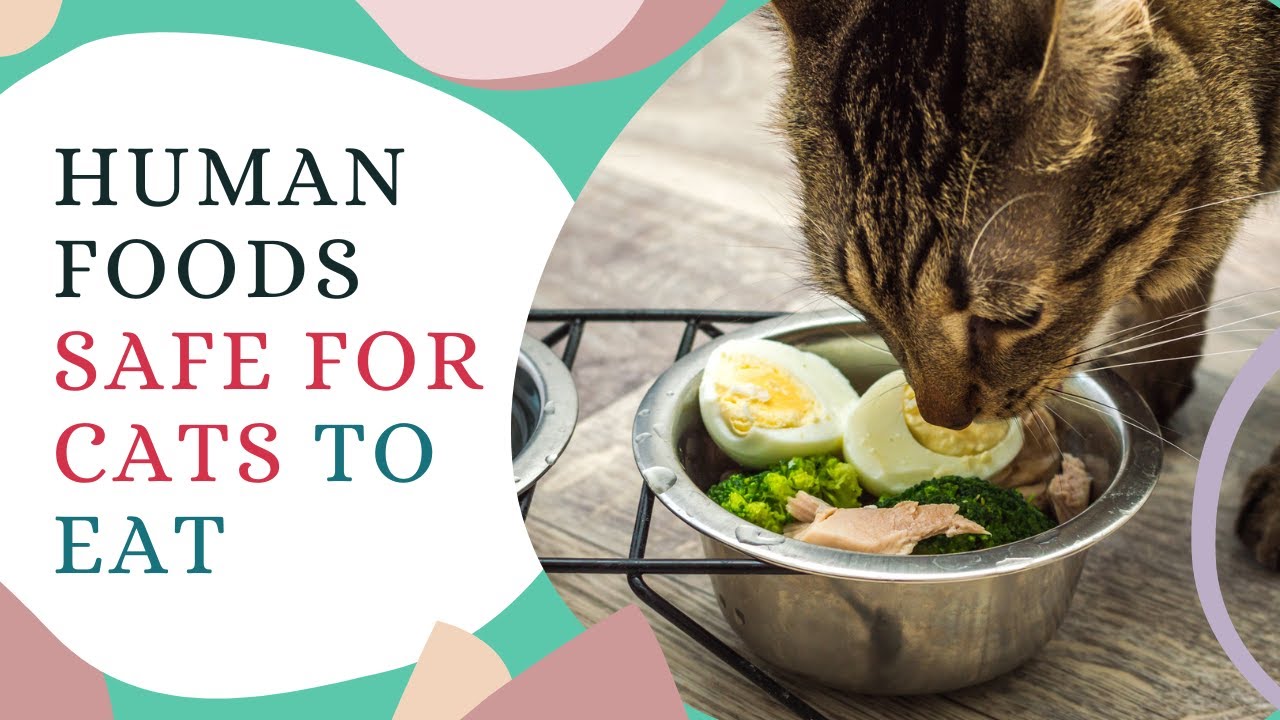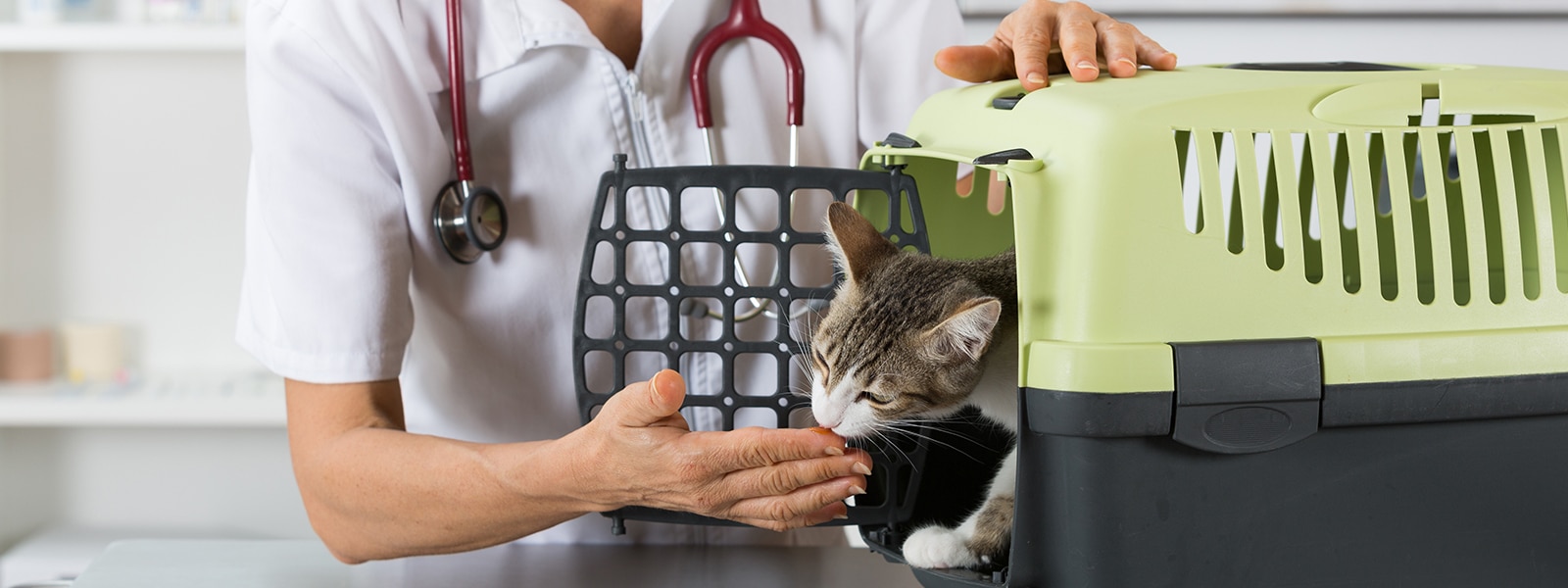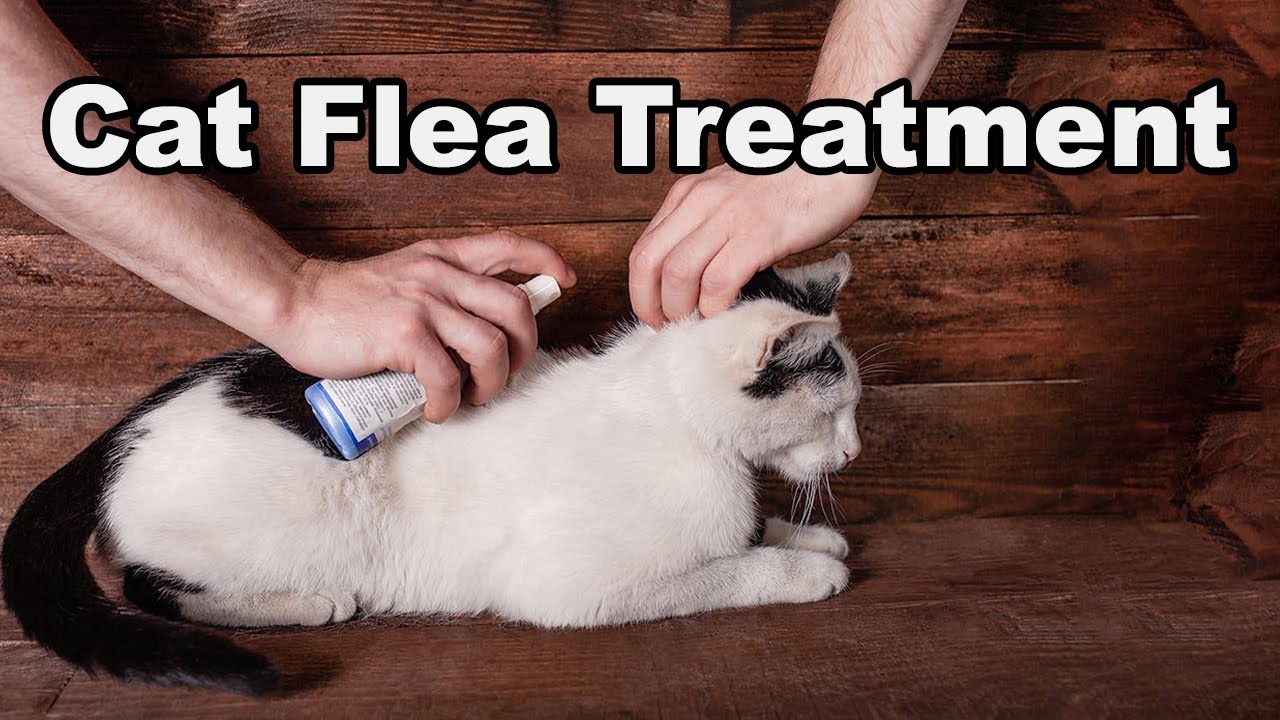Cats are known for their independence and self-grooming habits, but when it comes to dental care, they need a little help from their human companions. Poor dental hygiene can lead to serious health issues, including gum disease, tooth loss, and even systemic infections. In this comprehensive guide, we’ll explore everything you need to know about keeping your cat’s teeth clean, from brushing techniques to alternative dental care options.
Why Is Dental Care Important for Cats?
Dental health is a critical aspect of your cat’s overall well-being. Here’s why keeping your cat’s teeth clean is so important:
- Prevent Dental Disease: Plaque and tartar buildup can lead to gingivitis, periodontal disease, and tooth decay.
- Avoid Pain and Discomfort: Dental issues can cause pain, making it difficult for your cat to eat and groom.
- Prevent Systemic Infections: Bacteria from dental disease can enter the bloodstream and affect vital organs like the heart, liver, and kidneys.
- Improve Quality of Life: Healthy teeth and gums contribute to your cat’s overall health and happiness.
Signs of Dental Problems in Cats
It’s essential to recognize the signs of dental issues early to prevent complications. Look out for the following symptoms:
- Bad breath (halitosis)
- Red or swollen gums
- Drooling or pawing at the mouth
- Difficulty eating or loss of appetite
- Yellow or brown tartar buildup on teeth
- Loose or missing teeth
- Bleeding gums
If you notice any of these signs, consult your veterinarian for a dental checkup.
How to Keep Your Cat’s Teeth Clean
Here are the most effective ways to maintain your cat’s dental health:
1. Brush Your Cat’s Teeth
Brushing your cat’s teeth is the gold standard for dental care. While it may take some time for your cat to get used to it, regular brushing can significantly reduce plaque and tartar buildup.
Steps to Brush Your Cat’s Teeth:
- Choose the Right Tools: Use a cat-specific toothbrush or a finger brush and feline toothpaste (never use human toothpaste, as it can be toxic to cats).
- Introduce Gradually: Let your cat sniff and taste the toothpaste to get used to it.
- Start Slowly: Gently rub your cat’s teeth and gums with your finger before introducing the toothbrush.
- Brush Gently: Lift your cat’s lips and brush in small, circular motions, focusing on the outer surfaces of the teeth.
- Reward Your Cat: Offer treats and praise to create a positive association with brushing.
Frequency: Aim to brush your cat’s teeth 2-3 times a week, if not daily.
2. Use Dental Treats and Chews
Dental treats and chews are designed to reduce plaque and tartar while satisfying your cat’s natural chewing instincts. Look for products approved by the Veterinary Oral Health Council (VOHC).
Popular Options:
- Greenies Dental Treats
- Purina Dentalife Cat Treats
- Virbac C.E.T. Enzymatic Oral Hygiene Chews
Frequency: Offer dental treats as part of your cat’s daily routine.
3. Provide Dental Toys
Dental toys can help clean your cat’s teeth while they play. These toys are often made of textured materials that massage the gums and scrape away plaque.
Popular Options:
- KONG Dental Cat Toys
- Petstages Dental Kitty Chew Wheel
4. Add Dental Water Additives
Dental water additives are an easy way to promote oral health. Simply add the solution to your cat’s drinking water to help reduce bacteria and freshen breath.
Popular Options:
- TropiClean Fresh Breath Water Additive
- Oxyfresh Pet Dental Water Additive
5. Feed a Dental Diet
Some cat foods are specially formulated to promote dental health. These diets have a unique texture that helps scrub teeth as your cat chews.
Popular Options:
- Hill’s Prescription Diet t/d Dental Care
- Royal Canin Dental Cat Food
6. Schedule Regular Veterinary Checkups
Regular dental checkups are essential for maintaining your cat’s oral health. Your vet can perform professional cleanings and identify any potential issues early.
Frequency: Annual dental checkups are recommended, but your vet may suggest more frequent visits if your cat has existing dental problems.
Tips for Introducing Dental Care to Your Cat
- Start Early: Introduce dental care routines when your cat is young to help them get used to the process.
- Be Patient: Take your time and go at your cat’s pace. Reward them with treats and praise for cooperation.
- Make It Positive: Use calming techniques, such as gentle petting or a soothing voice, to reduce stress.
- Stay Consistent: Regularity is key to maintaining your cat’s dental health.
Alternatives to Brushing
If your cat absolutely refuses to let you brush their teeth, there are alternative options to keep their teeth clean:
- Dental Wipes: Use cat-specific dental wipes to gently clean your cat’s teeth and gums.
- Oral Gels and Sprays: These products can help reduce bacteria and freshen breath without brushing.
- Professional Cleanings: Schedule regular professional cleanings with your veterinarian.
Importance of Dental Health
Dental health is often overlooked in cats, but it plays a crucial role in their overall well-being. Here’s why it’s so important:
- Prevents Pain and Discomfort: Dental issues can cause significant pain, making it difficult for your cat to eat, groom, and enjoy daily activities.
- Reduces Risk of Systemic Diseases: Bacteria from dental infections can spread to other parts of the body, leading to serious health problems.
- Improves Quality of Life: Healthy teeth and gums contribute to your cat’s overall happiness and longevity.
Common Dental Problems in Cats
Understanding common dental issues can help you take proactive steps to prevent them:
- Gingivitis: Inflammation of the gums caused by plaque buildup.
- Periodontal Disease: A severe form of gum disease that can lead to tooth loss.
- Tooth Resorption: A painful condition where the tooth structure breaks down.
- Stomatitis: Inflammation of the mouth lining, often caused by dental disease.
The Role of Diet in Dental Health
A balanced diet is essential for maintaining your cat’s dental health. Here’s how diet can make a difference:
- Dry Food vs. Wet Food: Dry food can help reduce plaque buildup, but wet food is important for hydration. A combination of both is ideal.
- Dental Diets: Specialized dental diets are designed to promote oral health by reducing plaque and tartar.
- Avoid Sugary Treats: Sugary treats can contribute to dental problems, so opt for healthy, low-sugar options.
Frequently Asked Questions (FAQs)
1. How often should I brush my cat’s teeth?
- Aim to brush your cat’s teeth 2-3 times a week, if not daily.
2. Can I use human toothpaste on my cat?
- No, human toothpaste contains ingredients like fluoride and xylitol that are toxic to cats. Always use a toothpaste specifically formulated for cats.
3. What if my cat hates having their teeth brushed?
- Start slowly and use positive reinforcement. If your cat still resists, consider alternative options like dental treats, toys, or professional cleanings.
4. Are dental treats effective?
- Yes, dental treats can help reduce plaque and tartar buildup, but they should be used in conjunction with other dental care practices.
5. How do I know if my cat has dental problems?
- Look for signs like bad breath, red or swollen gums, difficulty eating, or tartar buildup. If you notice any of these symptoms, consult your veterinarian.
Conclusion
Keeping your cat’s teeth clean is an essential part of their overall health and well-being. By incorporating regular brushing, dental treats, toys, and professional checkups into your cat’s routine, you can prevent dental disease and ensure your feline friend stays happy and healthy.
Remember, patience and consistency are key. With time and effort, you can make dental care a stress-free and rewarding experience for both you and your cat.
Caring for your cat’s teeth may require some effort, but the benefits far outweigh the challenges. By incorporating regular dental care into your cat’s routine, you can prevent painful and costly dental issues and ensure your feline friend enjoys a long, healthy life.
Remember, every cat is unique, so be patient and adapt your approach to suit your cat’s needs and preferences. With the right tools and techniques, you can make dental care a positive and stress-free experience for both of you.






